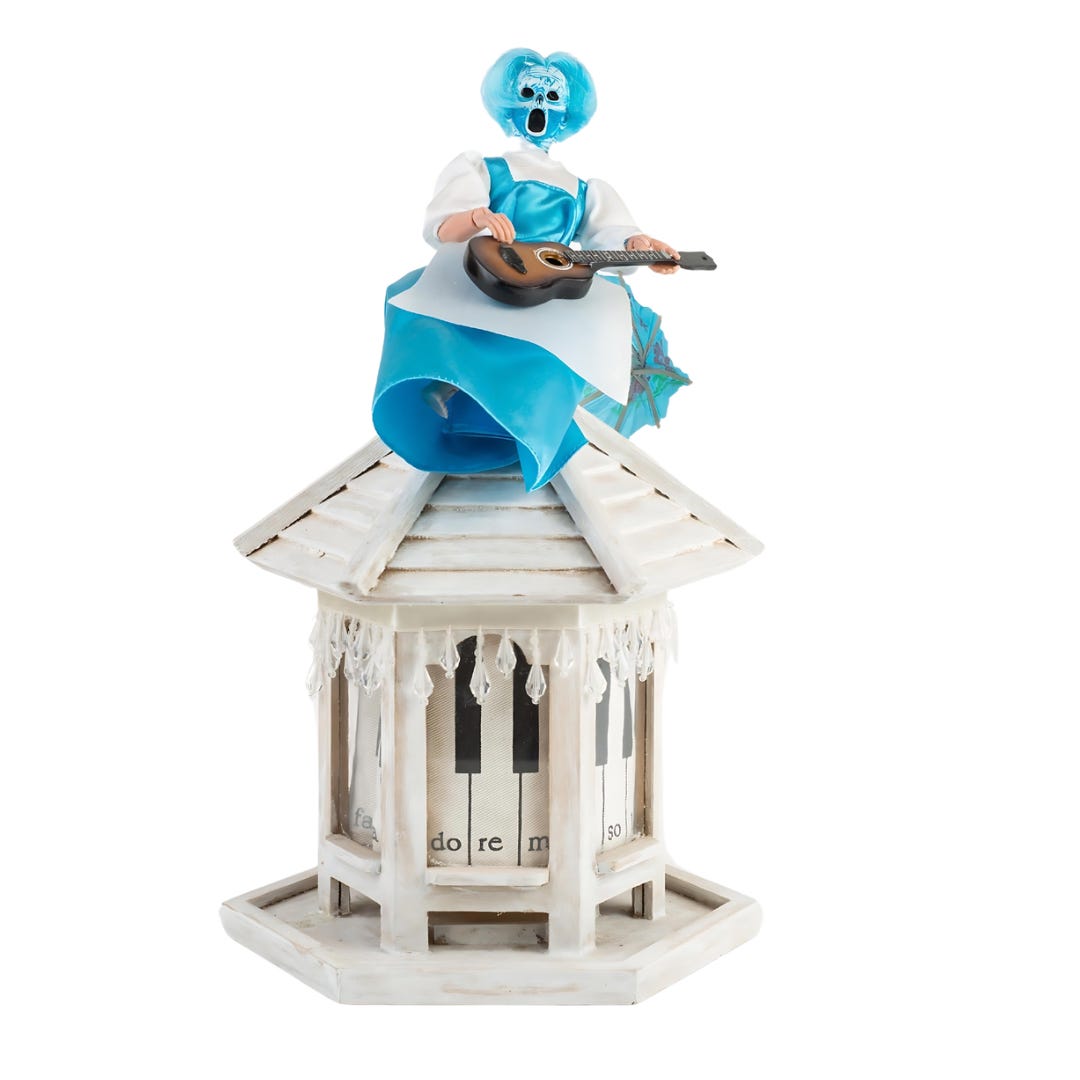Finding Closure After a Narcissistic Relationship
The Gift You Give Yourself
Healthy relationships and unhealthy ones, particularly those involving narcissistic partners, differ dramatically in many aspects. However, one of the most striking contrasts appears when these relationships come to an end. The way a relationship concludes can serve as a powerful indicator of its overall health and the dynamics at play between partners.
When a Healthy Relationship Ends
When a healthy relationship ends, both parties, while sad and grieving the loss, are able to maintain a sense of mutual respect. There’s a healthy understanding of what went wrong and why. Partners can communicate openly, acknowledge each others’ perspectives, and move on without finger-pointing, accusations of ill will, or hostility. The end, while painful, doesn’t erase the value of the experiences shared. You’re able to co-parent effectively as a team, work together, remain cordial, perhaps even remain friends.
When a Narcissistic Relationship Ends
The conclusion of a narcissistic relationship, on the other hand, can feel like emotional whiplash.
These relationships often end abruptly with narcissist ghosting you, ditching you for another, or suddenly turning their full wrath upon you. You feel disoriented, reeling and blindsided, ruminating and obsessing over what you could have done differently. (Hint: Nothing. Narcissistic relationships are doomed from the start.) You’re left questioning your worth, broken down and beaten up, and grappling with a shattered sense of self as those around you repeatedly admonish you to “Just get over it.” Talk about a total mindfuck!
Grieving the End of a Narcissistic Relationship: Why It’s Harder Than It Seems
Here’s the thing—there’s no quick fix, no just getting over it when an emotionally abusive relationship ends. Grieving such a relationship is a multi-layered process. You’re grieving not only the end of the relationship you’d hoped for—and believed you had, but the loss of trust and belief in yourself, your diminished self-worth, the love you felt for your partner, the love you were convinced they felt for you, and the loss of the fantasy of the person you believed your loved one to be. That’s a lot to grieve! It’s a harsh reality to wake up to when you realize this was all an illusion—and a delusion.
You’re now left alone to pick up the pieces of your shattered sense of self. This can be a lonely, challenging, and complicated process. Getting outside support is highly recommended as you navigate this tricky terrain.
Closure: The Gift You Give Yourself
While you may never get closure from a narcissist, you can give it to yourself. Here are a few tips to help you:
Educate yourself about narcissistic abuse so you understand the truth about your experience and accept that "happily ever after" was never in the cards for this relationship. It never is with a narcissist.
Grieve at your own pace. Grief isn't linear process. It's ok (and expected) to have setbacks.
Find support from others who have been there. They can validate the utter insanity of what you’ve been through and help you realize you’re not crazy. That shit really happened!
Build and protect your boundaries. Go No Contact if possible to avoid further manipulation.
Practice self-compassion. Be kind to yourself. Remember, this wasn't your fault.
Focus on self-care. Engage in activities you enjoy with people who uplift you. Trust your intuition if anything feels “off.”
Give healing the time it requires. Healing is a process.
Closure after a narcissistic relationship is possible, but it comes from within. As this chapter ends, new opportunities for growth and happiness will emerge as you create a brighter future for yourself. Your journey to closure is also your path to reclaiming your joy and self-worth.
Remember, living well is the best revenge!

